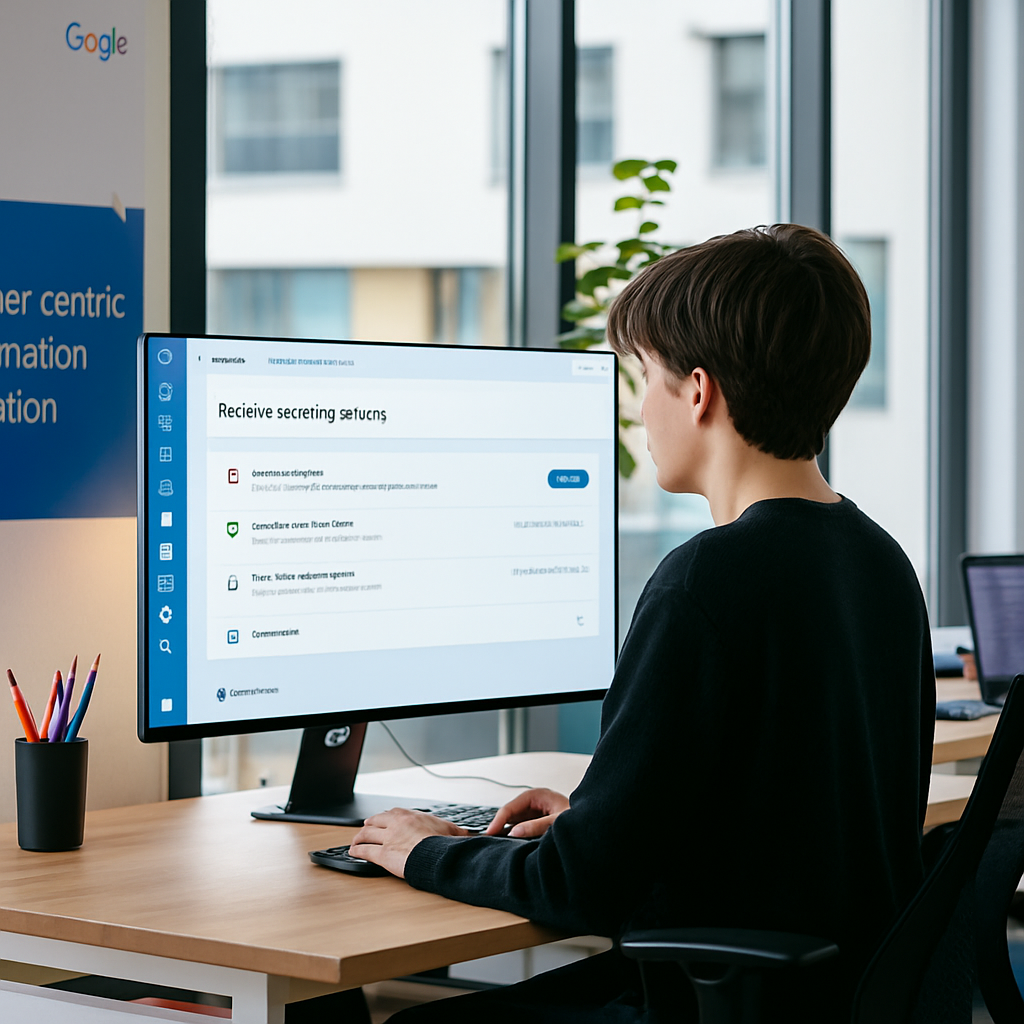Google’s Live Search Feature in 2025: Redefining SEO with Real-Time Updates
Google’s live search feature, introduced in 2025, transforms how search results are generated by updating in real time without requiring page refreshes. This delivers the most current information aligned with user intent, enhancing the search experience. For SEO professionals, this shift demands a focus on timely, relevant content that responds quickly to trending topics and breaking news.

The feature aligns with evolving SEO trends such as user-centric optimization, the expanded E-E-A-T framework (Experience, Expertise, Authoritativeness, Trustworthiness), and the growing role of AI in search algorithms. As Google prioritizes credible, fresh content, businesses must produce agile content that meets these standards. This challenges traditional ranking methods, encouraging continuous updates and deeper audience understanding to maintain visibility.
Impact of Google’s Live Search on SEO Strategies
Live search changes how results respond to queries by delivering instantaneous updates as new information emerges. Content must evolve continuously rather than remain static after publication. SEO professionals need to shift from periodic refreshes to real-time monitoring and updates, capturing breaking news, trending topics, or shifts in user interest to influence rankings.
The expanded E-E-A-T framework gains importance as Google weighs accuracy, freshness, and context. Content demonstrating expertise and regularly updated to reflect developments will be favored. Businesses must build authoritative voices and maintain ongoing audience engagement to sustain visibility.
AI powers this live search experience by analyzing vast data streams, detecting changes in user behavior and emerging topics to adjust rankings. SEO efforts should leverage data analytics and predictive tools to anticipate user needs and align content with evolving search intent. The focus centers on understanding immediate user questions and delivering precise, timely answers.
Adapting requires workflows that support rapid content updates and collaboration among SEO teams, content creators, and subject matter experts. As Search Engine Land notes, “the ability to deliver fresh, accurate content as events unfold will separate leaders from laggards in the SEO space” (Search Engine Land, 2025).
How Live Search Reshapes Content Creation and SEO Performance
Live search introduces a new dynamic where content interacts with queries through instantaneous updates reflecting the latest information. Content lifecycle management must become more fluid, with real-time data monitoring and prompt responses to trends or user interests essential for maintaining visibility.
Integration with technologies like Google Lens and Project Astra enhances search by combining visual input with conversational AI, enabling more interactive queries. This multimodal approach raises expectations for content relevance and immediacy. SEO professionals should optimize visual elements and contextual information alongside text-based content to meet these demands.
The emphasis on real-time relevance reinforces the expanded E-E-A-T principles. Content that shows expertise and trustworthiness while being continuously updated gains a competitive edge. AI-driven algorithms prioritize freshness and user intent, placing a premium on agility and authenticity. Businesses must cultivate authoritative voices and maintain active audience engagement to sustain rankings.
Success in this environment depends on collaborative, responsive workflows where SEO teams, content creators, and experts produce timely, accurate content aligned with evolving needs. As highlighted by Search Engine Land, “the ability to deliver fresh, accurate content as events unfold will separate leaders from laggards in the SEO space” (Search Engine Land, 2025).
Frequently Asked Questions About Google’s Live Search and SEO in 2025
How does live search affect traditional keyword strategies?
Static keyword targeting is insufficient as search results shift rapidly. SEO must incorporate real-time data analysis to identify trending queries and emerging topics, making keyword research an ongoing process.
How often should content be updated?
Content value ties closely to immediacy and accuracy. Continuous refinement in response to real-world developments and user behavior is necessary, balancing speed with quality to maintain credibility.
What role does the expanded E-E-A-T framework play?
Experience, expertise, authoritativeness, and trustworthiness become more significant under real-time scrutiny. Google evaluates freshness alongside source reliability and depth of insight, making a strong reputation essential.
What practical steps can businesses take to adapt?
Collaboration among SEO specialists, content creators, and subject matter experts is vital. Leveraging AI tools to monitor trends and user intent helps anticipate shifts, transforming SEO into an ongoing process of engagement and responsiveness.
Real-Time SEO for Future Success
Google’s live search feature demands continuous content updates, real-time responsiveness, and deeper audience understanding. Success depends on creating timely, credible, and authoritative content aligned with evolving user intent and AI-driven insights. Collaboration among SEO teams, content creators, and experts enables businesses to stay ahead of trends and maintain visibility as search results become more dynamic and interactive. Adapting to this live search model means leading with agility, trust, and relevance.













.png)

